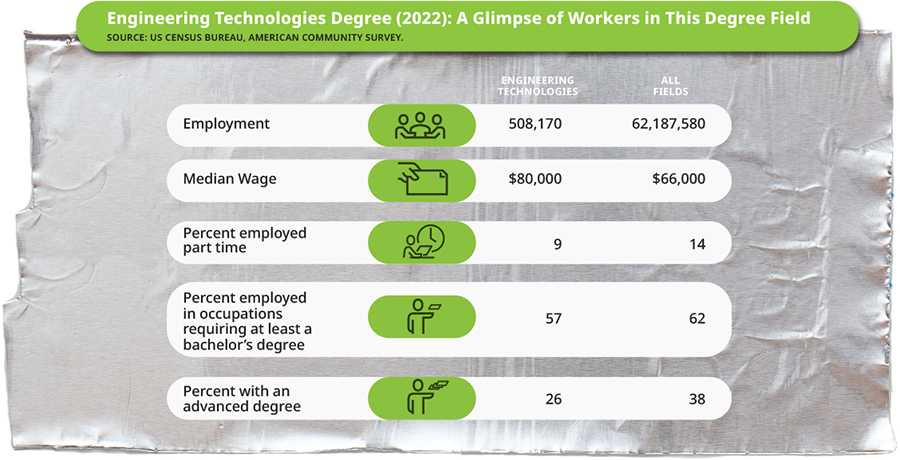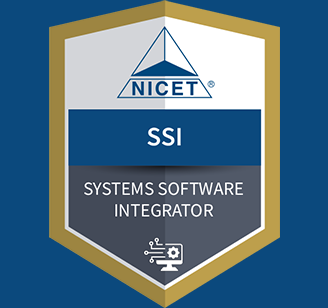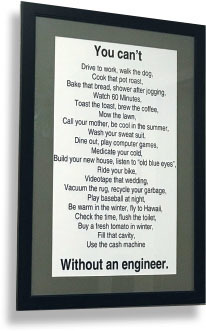January/February 2020
PE Report
Four Americans Receive Prestigious British Engineering Award
In December, four American engineers were awarded the 2019 Queen Elizabeth Prize for Engineering for their work in creating the first satellite-based GPS. In addition to receiving the prestigious award, the winners also share a £1 million prize.
Bardford Parkinson, Hugo Fruehauf, Richard Schwartz, and James Spiker Jr. were presented with a trophy by the Prince of Wales during a ceremony at Buckingham Palace on December 3.
Bradford Parkinson, often referred to as the “father of GPS,” led the development, design, and testing of the first system. An Air Force veteran, he taught mechanical engineering at Colorado State University for a year beginning in 1978 before he became vice president of the space systems group at Rockwell International Inc., where he helped develop the space shuttle. Parkinson developed GPS applications such as the first automatic landing of a commercial aircraft and the first fully automatic control of farm tractors on a field to an accuracy of two inches. Parkinson was the program manager for NASA’s Gravity Probe-B mission and continues as the associate program manager and coprincipal investigator today.
Hugo Fruehauf invented the first miniature rubidium vapor atomic oscillator, which met GPS’ accuracy requirements and became the “clock of choice” for GPS satellites. He was Rockwell International’s chief engineer and systems manager for the design and development of the GPS Satellite (1973–78). He was also chief engineer for the design and development of NASA’s TDRS (Tracking and Data Relay Satellite) and helped develop the first fully radiation hardened rubidium vapor atomic clock alongside Schwartz.
James Spilker, who in 1973 cofounded Stanford Telecommunications, was selected by Parkinson to recommend the GPS signal structure for CDMA (code division multiple access). This was accepted by the US Air Force and became the civilian signal that is now used by 4 billion receivers. Spilker’s delay lock loop process for tracking CDMA signals was the key component that enabled the system and is essential to GPS accuracy.
Richard Schwartz, joined Rockwell in 1957 and led many of its most successful space and satellite programs, including the first flights of GPS and the NASA Space Shuttle. He was Rockwell’s GPS satellite program manager and commissioned his chief engineer, Fruehauf, to work with engineers to produce a satellite design that could withstand intense radiation. It also had antennas that ensured uniform power.
Today, an estimated four billion people around the world use GPS.


 Volunteering at NSPE is a great opportunity to grow your professional network and connect with other leaders in the field.
Volunteering at NSPE is a great opportunity to grow your professional network and connect with other leaders in the field. The National Society of Professional Engineers (NSPE) encourages you to explore the resources to cast your vote on election day:
The National Society of Professional Engineers (NSPE) encourages you to explore the resources to cast your vote on election day:










